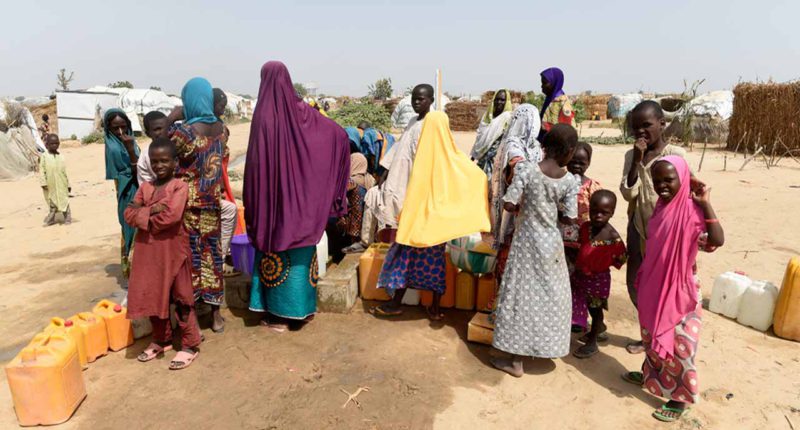Few days ago, the National Bureau of Statistics (NBS) reported that 63 percent or 133 million Nigerians out of the country’s over 218 million people were victims of multidimensional poverty. The report showed that children make up more than half of the poor people in the country.
The NBS report pointed out that the Northern region of Nigeria alone accounted for 65 percent or 86 million poor Nigerians with Sokoto, Bayelsa, Jigawa, Kebbi, Gombe, and Yobe as the poorest states in the country. On the flip side, the southern region of Nigeria accounts for the remaining 35 percent or 47 million people living in poverty.
Why this is happening
The UN Resident and Humanitarian Coordinator for Nigeria, Mr. Matthias Schmale, speaking on the poverty situation in the northern region, said that insecurity and lack of knowledge were the driving factors of the nutrition crisis afflicting the residents of the region. Let’s take a deeper dive.
Insecurity
Bandits or terrorists (as named by the Nigerian government) have been the chief masterminds of crime and violence in the Northern region of Nigeria. These heavily armed groups of outlaws have terrorized towns, cities and villages, killing, kidnapping, forcing families out of their homes and abandoning their sources of livelihood.
Official reports say the worsening security crisis in the country which began in 2011 has resulted in the death of at least 12,000 people and the displacement of over 450,000 people.
This has caused investors and employers of Labour to withdraw from the region, increasing unemployment and ultimately poverty.
Lack of knowledge
The National Bureau of Statistics (NBS) put the estimated population of Nigeria at 193,500,540 in 2016, with northern states having an estimated population of 100,894,453 people. This shows the northern region as more populous when compared to the south.
The region’s population is projected to grow irrespective of the limited jobs and resources shrinking in the region. Also, education and other human capital development is becoming a lesser priority as residents chase survival.

